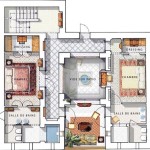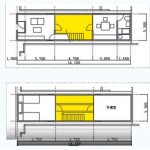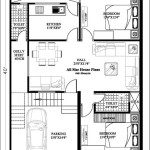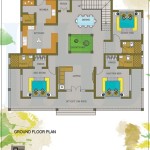Essential Aspects of House Extension Plans
Extending your home can be an exciting and rewarding project, but it's important to consider the essential aspects before you get started. Here's a comprehensive guide to the key elements of house extension plans:
1. Define Your Goals and Requirements
Start by clearly defining your reasons for extending your home and what you hope to achieve. Consider the additional space you need, how it will be used, and any specific requirements you have (e.g., accessibility features, natural light, etc.).
2. Engage a Qualified Architect
An experienced architect can help you develop a design that meets your needs and complies with building regulations. They will assess your existing property, advise on the feasibility of your plans, and produce detailed drawings for planning permission and construction.
3. Planning Permission Considerations
Depending on the extent of your extension, you may need to obtain planning permission from your local authority. Your architect will guide you through the application process and ensure that your plans meet all necessary requirements.
4. Design Options for House Extensions
There are various design options to consider for house extensions, including:
- Rear Extensions: Expanding the rear of your home is a popular choice for creating additional living space.
- Side Extensions: Adding an extension to the side of your home can provide extra space for rooms like a kitchen or dining area.
- Loft Conversions: Converting your loft into a habitable space can provide a significant amount of additional space without extending the footprint of your home.
5. Structural Considerations
Your architect will assess the structural implications of your extension and design a solution that ensures its stability and integrity. This may involve reinforcing existing walls, installing new foundations, or adding structural steelwork.
6. Energy Efficiency and Sustainability
Incorporating energy-efficient features into your extension can save you money on energy bills and reduce your environmental impact. Consider factors such as insulation, energy-efficient windows, and renewable energy sources.
7. Budget and Timeline
Establish a realistic budget for your extension and be prepared for potential variances. Your architect can provide an estimated cost based on the design and materials used. The timeline for completion will depend on the complexity of the project and the availability of contractors.
8. Hiring a Contractor
Once you have planning permission and detailed drawings, you will need to hire a reputable contractor to carry out the construction work. Check references, compare quotes, and ensure they have the necessary experience and insurance.
Conclusion
By carefully considering these essential aspects of house extension plans, you can increase the chances of a successful project that meets your needs and adds value to your home. Remember to work closely with an experienced architect and contractor throughout the process to ensure a smooth and satisfying outcome.

House Extension Plans Graham Lea Architecture

Architect Providing Architectural Services For House Extension Newton Mearns Glasgow Floor Plans Design Bungalow Renovation

House Extension Drawings Types Of Designs And Plans You Need

Example Drawings Ep Architecture Redditch And Bromsgrove

Sample Extension Or Property Drawings Ltd Architectural

Examples

Example Projects Beaver Tech Architectural Surveying Services

Extension Plans Drawings Designs

Extension Plans House Extensions

Examples








